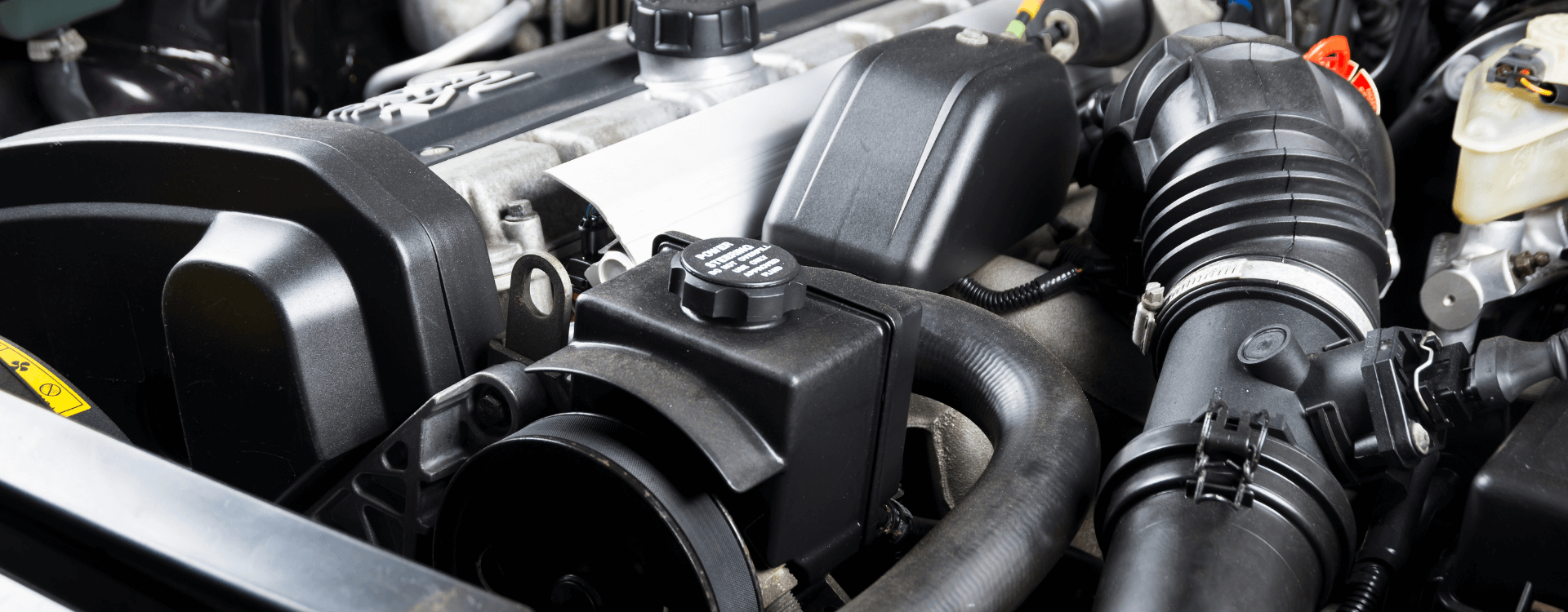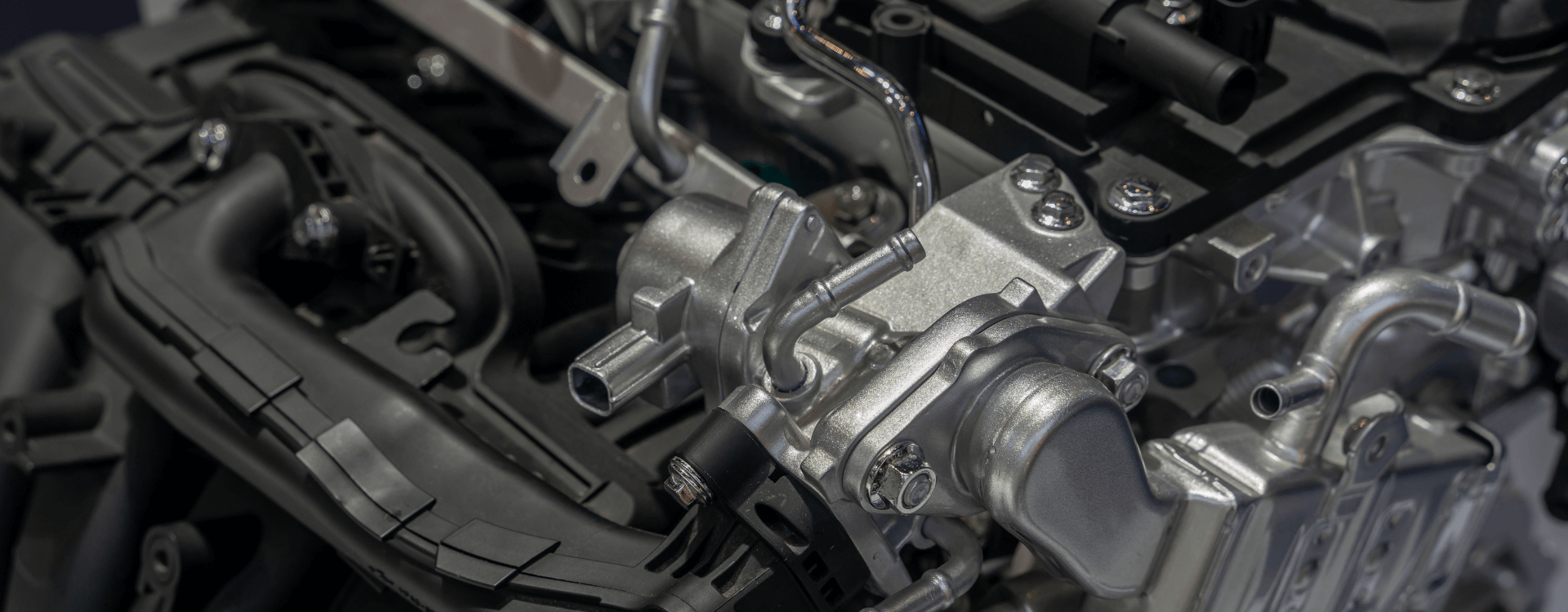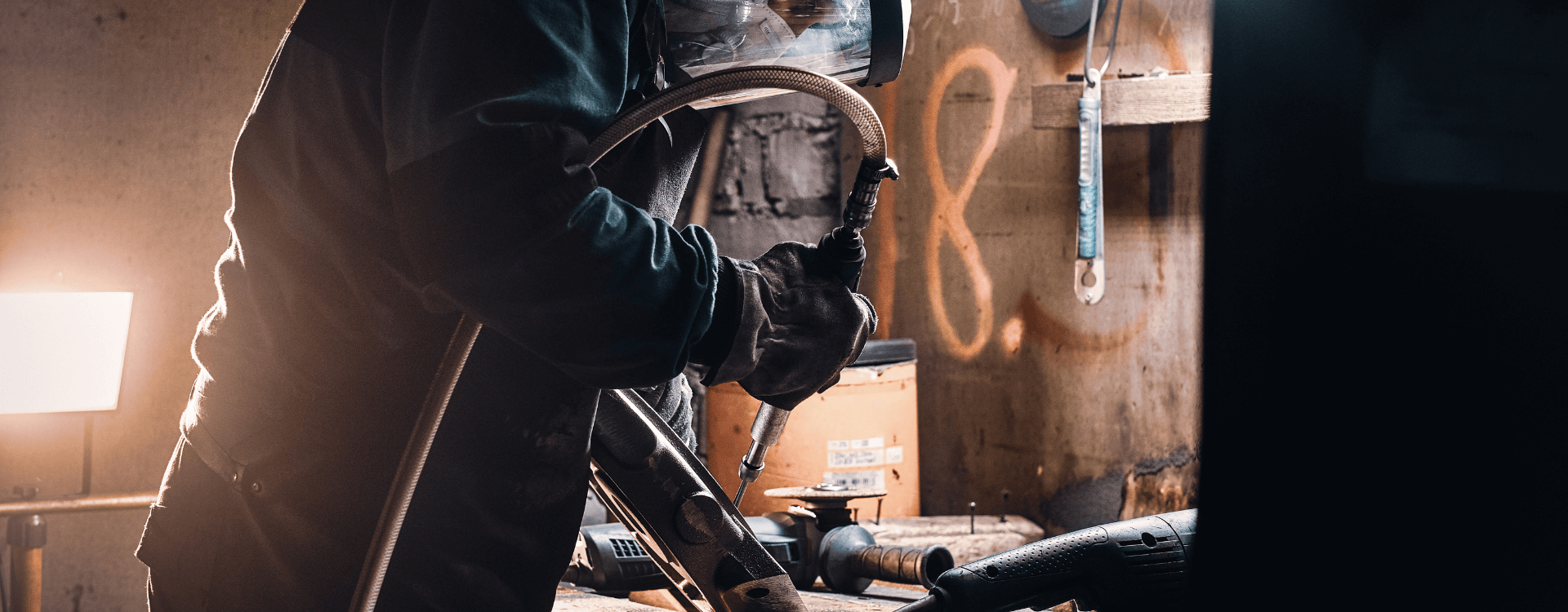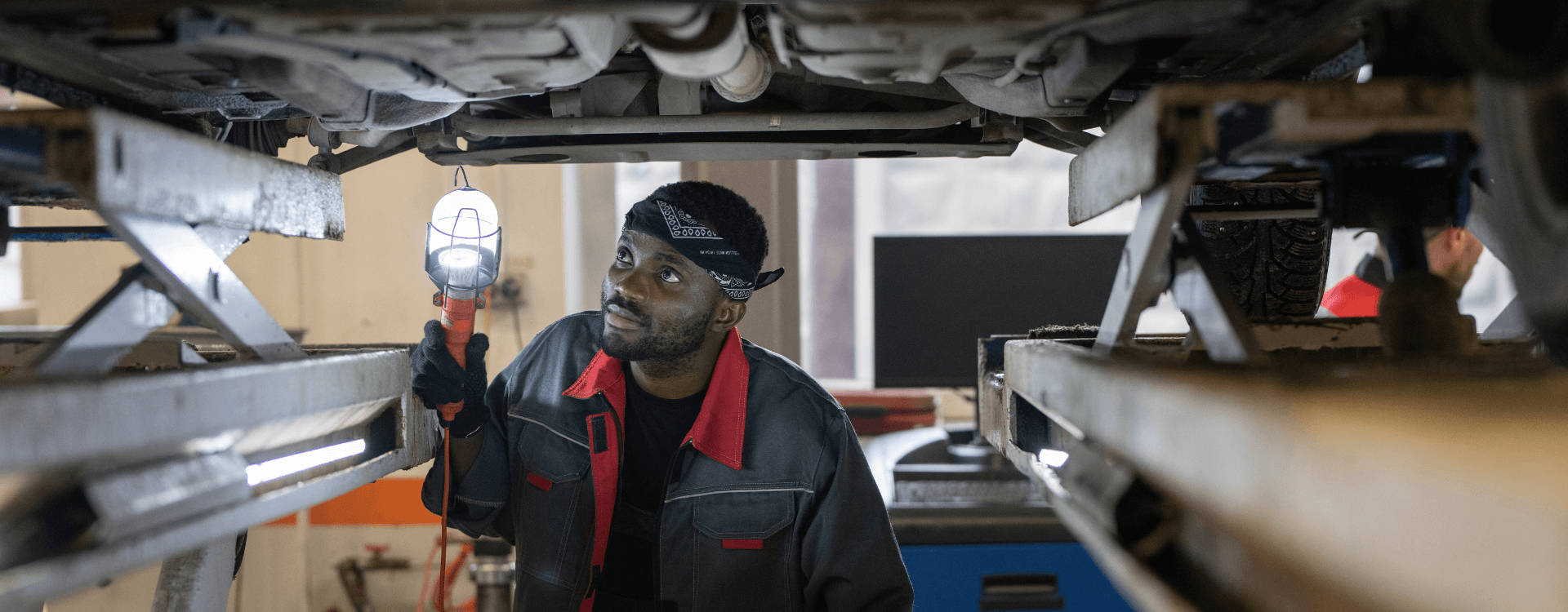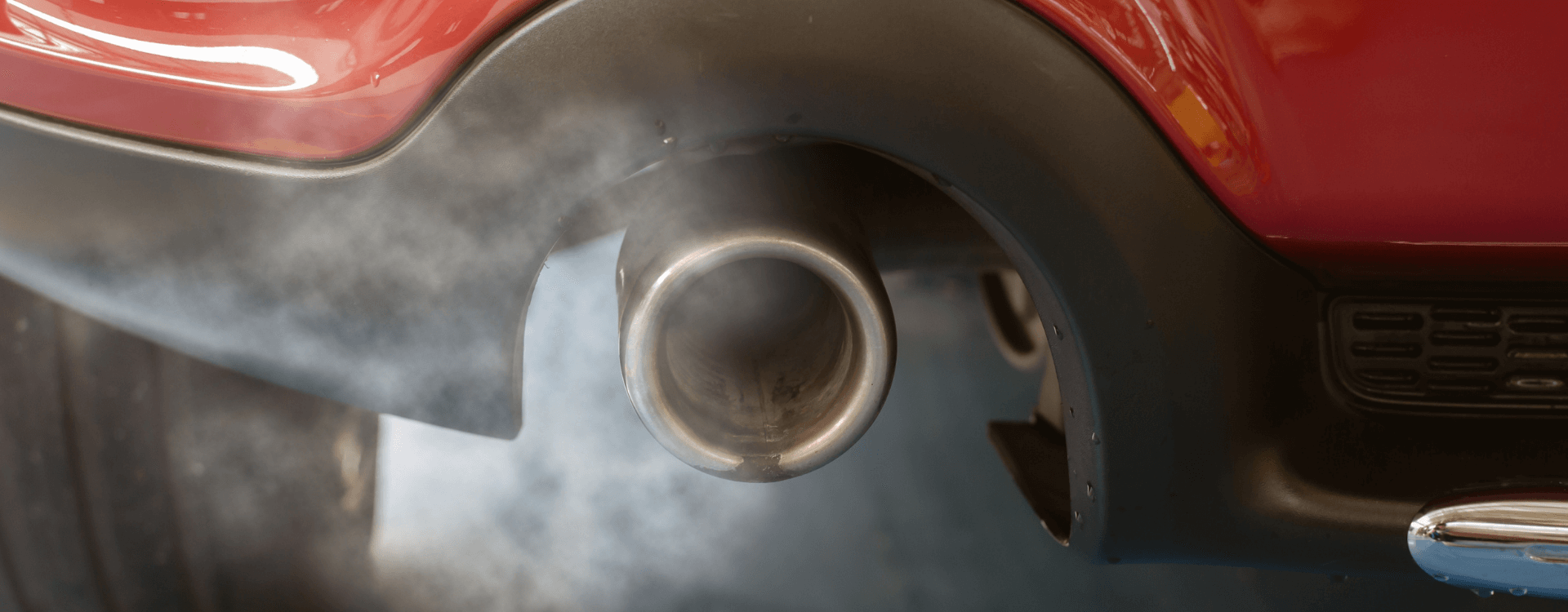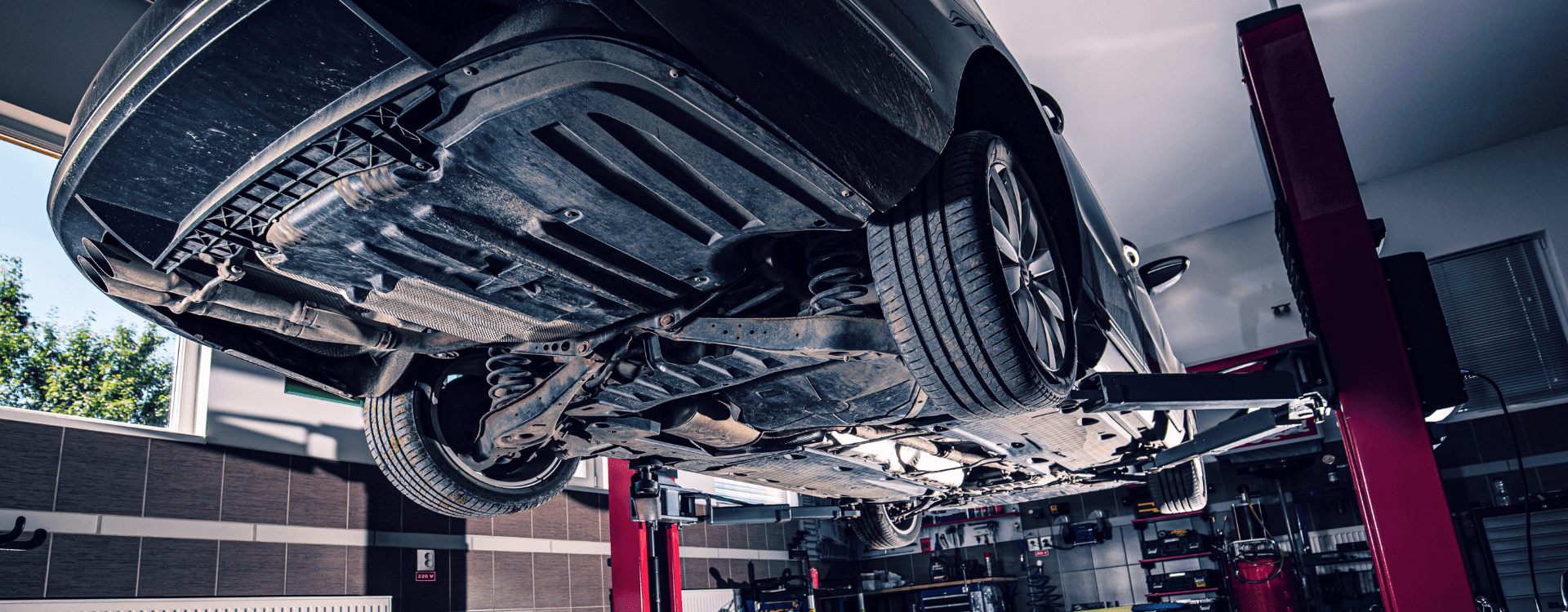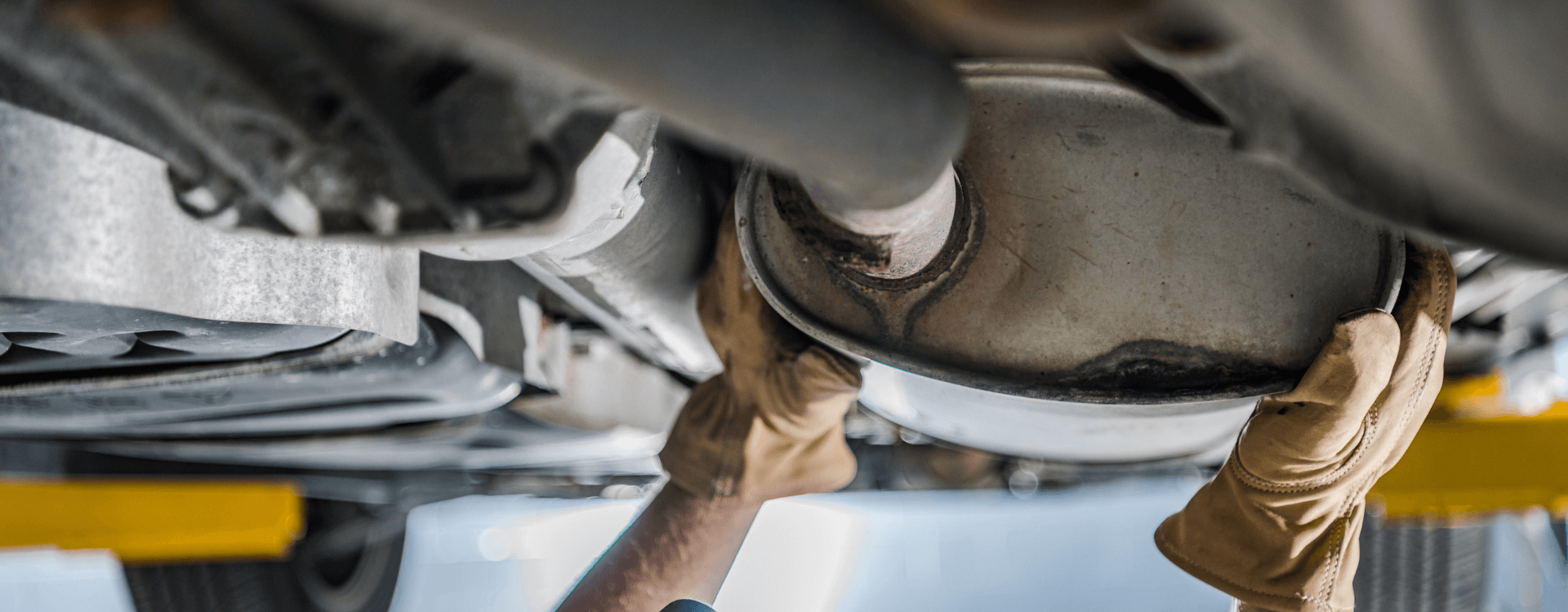
10 tips to keep a DPF in a good condition
Mandatory emission control system on all diesel vehicles since 2011, the diesel particulate filter (or DPF for short) requires maintenance. But do you really know how to ensure your car's DPF is in a good condition ? In this article, we've compiled 10 tips to delay the appearance of the message "Diesel Particulate Filter to be checked" on your vehicle's dashboard as long as possible. Do you know any other tips ? Feel free to share them with us.
1. Clear the DPF
The diesel particulate filter is an anti-pollution device designed to burn carbon monoxide and unburned hydrocarbons, trapping particles. For this purpose, DPF regeneration cycles take place on a regular basis. Excess fuel is then injected into the filter to burn off the particles. And thus to destroy them. However, these cycles are only possible when the engine of your car is very hot. As we saw in a previous article, it is therefore strongly recommended to make as many journeys as possible (at least one per week) of more than 20 minutes, by pushing the gears beyond 3,000 rpm. This will create a regeneration cycle. The particles will burn and the risk of having a clogged DPF will be lower.
2. Opt for an additive.
Many people have purchased a diesel vehicle for predominantly urban use. In the medium term, the risk of clogging the diesel particulate filter is very high. It is therefore possible to opt for an additive designed to increase the regularity of regeneration cycles. You can find it at your dealer and at car centers. However, we recommend this method as a last option. Removing the DPF while driving remains a less expensive and more effective choice.
3. Choose the right engine oil.
Every car manufacturer advises its customers to employ a certain type of motor oil. For diesel vehicles equipped with a diesel particulate filter (all those produced from 2011 and sometimes earlier) , the engine oil is in the diesel particulate filter. Some oils can accumulate metal particles that can clog it. Therefore, it's recommended to keep the original engine oil part number. It was precisely chosen for its properties. It is the guarantee to preserve the mechanics.
4. Play the prevention card.
Diesel vehicles are extremely fragile due to the numerous components designed to limit pollution. When one of them fails, the entire vehicle can break down. Therefore, we advise you to maintain your diesel car's anti-pollution system checked periodically. EGR valve, diesel particulate filter, catalytic converter: remain all systems likely to fail, mainly in case of insufficient regeneration cycles. Similarly, when you notice more opaque smoke at the rear of your car, it is better to seek professional advice. This can indeed be one of the first signs of a breakdown. Do not wait until it's too late !
5. Be rigorous about maintenance
Even if you don't drive frequently, it is recommended to have your diesel car serviced once or twice a year. A mechanic will be capable to initiate a forced DPF regeneration cycle if necessary. They will also be able to ensure that the various emission control devices are working properly. This ensures a longer life for the diesel particulate filter. By regularly checking the flow meter, the presence of oil in the intake, turbo, injectors, DPF, and EGR valve, you will be able to drive more serenely. This will reduce the risk of breakdowns.
6. Respect the mechanics.
Not all rumors are good to listen to. No need to leave your car engine running cold. It is even advisable to drive slowly for the first few kilometers to warm it up. Conversely, warm-up time is crucial. Your car's turbo frequently runs at over 100,000 rpm. If you stop your car directly at your destination, the turbo will go from 100,000 rpm to zero in one second. This is destructive in the medium term. The same is true for anti-pollution devices. It's best to let your engine run for about 20 seconds before turning it off.
7. Don't forget AdBlue
The AdBlue is an additive that is required on all diesel vehicles meeting the Euro 6 standard. It enables more fine particles to be destroyed. It is essential because it is connected to the diesel particulate filter. It is therefore advisable to top up regularly or your vehicle will be immobilised below a certain filling level.
8. Beware of false promises
In the trade, we find almost miraculous products that promise you to increase the life of the diesel particulate filter. The same goes for descaling, with promises to eliminate the risk of clogged turbo, valves, DPF and excessive smoke. In reality, a simple descaling while driving is more than enough. If in doubt, ask a professional for advice.
9. Breathe !
The diesel particulate filter being a sensitive organ, some people have discovered the vein, using alarmist rhetoric to sell their products. Theoretically, the DPF is supposed to remain during a lifetime's car. In reality, urban use can sometimes cause failure as early as 80,000 kilometers. For classical, mixed, or highway use, it is not uncommon to see particle filters that have already endured more than 300,000 kilometers. As long as regeneration cycles are done regularly and your car is maintained, then there is no need to worry
Do you want to know if your Catalytic Converter is Bad ? Do you want to know if your DPF is clogged ?
10. Choose the right DPF
Finally, if you need to replace your car's DPF, don't consider this task lightly. To reduce costs, some professionals opt for inferior quality materials, resulting in a diesel particulate filter that won't last and will become clogged. The DPF we offer is made by our in-house engineers in our factory. We have opted for stainless steel to avoid corrosion and high-quality ceramics. What makes the difference is our unique coating technology for the deposition of thin layers of rare metals. This promotes regeneration cycles and strongly limits fouling.

